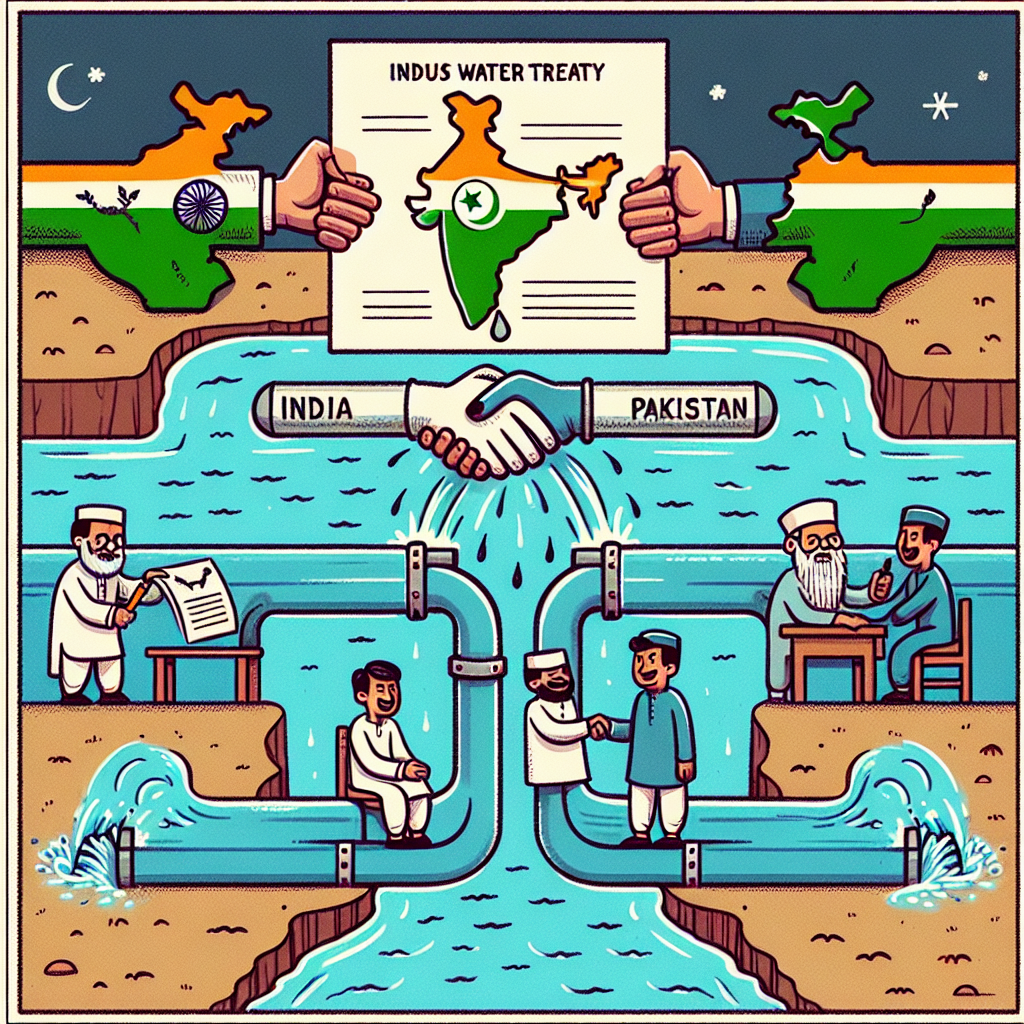Indus Water Treaty: A Barrier to J&K's Hydel Power Future
Jammu and Kashmir Chief Minister Omar Abdullah criticized the Indus Water Treaty's restrictions on the region's hydel power potential due to storage constraints. He called for special compensation and intervention from the central government to improve energy output, reduce economic reliance on imports, and achieve national clean energy goals.

- Country:
- India
Chief Minister of Jammu and Kashmir, Omar Abdullah, has raised concerns about the constraints the Indus Water Treaty (IWT) places on the region's hydel power potential. Speaking at a conference of power ministers, Abdullah emphasized the treaty's limitations on water storage capabilities, impacting energy production in J&K.
Signed in 1960 between India and Pakistan with the World Bank as a signatory, the IWT offers a framework for cooperation on water use. However, Abdullah noted the harsh consequences J&K faces during winter months when low power generation exacerbates hardships for citizens. The treaty confines projects to run-of-the-river setups, limiting energy exploitation.
To counter these challenges, Abdullah appealed for central government support through compensation and funding to harness untapped hydro-energy resources. Highlighting potential contributions to national clean energy targets, he also urged accountability for PSUs like PESL in expediting loss reduction projects under the Revamped Distribution Sector Scheme. The conference was chaired by Union Minister Manohar Lal.
(With inputs from agencies.)
ALSO READ
Delhi's Solar Future: A Model for Clean Energy in Urban Development
MTAR Technologies Soars with Rs 226 Crore Orders in Clean Energy and Aerospace
World Bank Highlights Role of Clean Energy Technologies in Driving EU Growth Amid Economic Challenges
TPG Eyes Altus Power Acquisition in Clean Energy Move
TPG Eyes Acquisition of Altus Power Amid Clean Energy Boom










